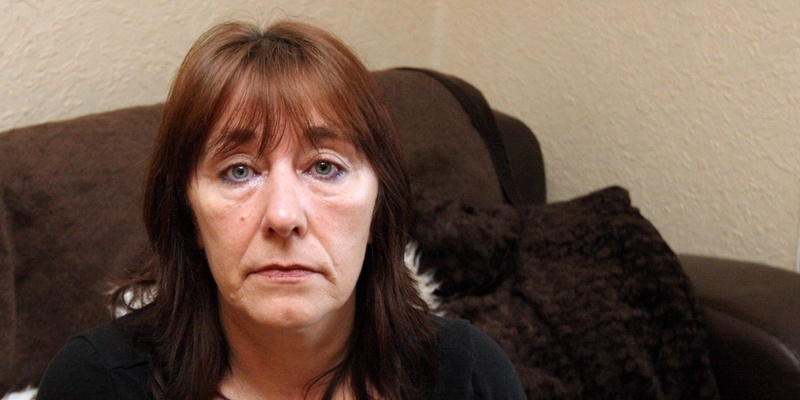A mother whose son died after taking ”bubbles” has backed calls to close a loophole that allows new legal highs to be sold.
Carol Connelly, from Fintry in Dundee, lost her son Liam last year when he walked in front of a lorry after taking the drug mephedrone.
Popularly known as bubbles, the drug emerged on the party scene in 2009 and was sold legally online.
It was blamed for a series of deaths around the UK including in Tayside and Fife before it was reclassified as a Class B controlled substance last year.
However, dealers were able to sell similar drugs legally so long as they had a slightly different chemical formula.
This loophole also allows companies to legally sell drugs that mimic the effects of illicit substances such as cannabis and ecstasy.
Now the Advisory Council on the Misuse of Drugs (ACMD) has said new laws should be introduced to prevent the sale of any legal highs.
Mrs Connelly said banning new legal highs immediately would save lives.
”I think there does need to be something introduced and if they could do that it would be a great help. The loophole was that as soon as something got banned they would just bring out another drug straight away.
”If they made them all illegal straight away then everyone would know exactly where they stand.”
Mrs Connelly added: ”Bubbles devastated a lot of families in 2010, including our own. I speak to people and it is still on the street but far less than it was.”
In a report submitted to Home Secretary Theresa May, the ACMD calls for the introduction of ‘analogue laws’ that would automatically ban any substance which produces similar effects in the user to a controlled drug, regardless of its chemical make-up.
The ACMD said bubbles had played a confirmed role in 42 deaths last year and was suspected to have played a part in a further 56 fatalities.
Chairman Les Iversen said: ”The system of temporary bans is not a winning strategy because new substances will always continue to emerge.
”Just because it is advertised as a legal high does not mean it is safe. Users are playing a game of Russian roulette when they buy something described as research drugs.
”They are researching the effects on themselves.”
Mr Iversen also said sellers who market drugs such as mephedrone as plant food or bath salts are hiding behind a ”thin veneer of legitimacy” and called for the burden of proof to be placed on retailers to show that the product is not for human consumption.
He added that the boom in legal highs had created a new form of drug dealer.
Rather than career criminals, many were students who used the internet to supply customers across the country.
Gareth Balmer, who works for the Dundee charity Addaction, agreed that an analogue law would be beneficial.
He said: ”It used to be that, by making a drug slightly different to a similar, illegal substance, you could sidestep the law.
”A couple of years ago we saw this happen in the wake of mephedrone, with legislation trying to catch up with every new drug that appeared on the market.
”An analogue law would help prevent this, giving us time to fully analyse a drugs composition, and the harms it could cause.”
